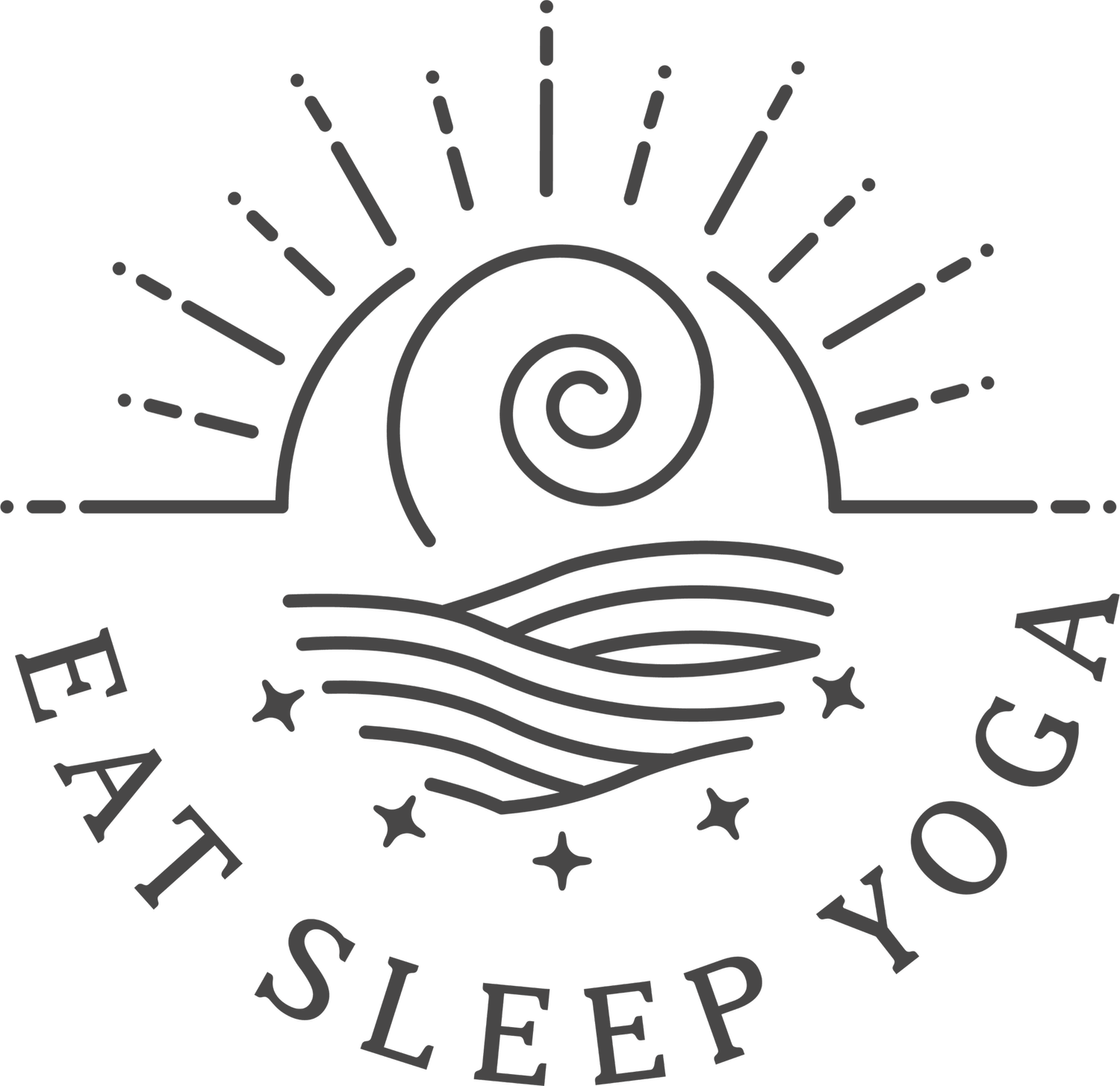Eat Like a Yogi: Introduction to Ayurveda
As many of you know, I am about 3 years into a 5 year Ayurveda course (looking like it’s going to take longer, thanks to Covid!) and I am specialising in Women’s Health.
I have been passionate about Ayurveda, for a long time – in fact I was interested in many of the Ayurvedic principles, before I really knew about Ayurveda!
Ayurveda is the sister science of Yoga, it’s a holistic health system which originated in India approximately 5000 years ago and is still being practiced today, all over the world.
Ayurveda is classed as a complimentary medicine and is often disregarded as it is not backed by science.
It is mentioned in The Vedas, an ancient yogic text, which states that if Ayurvedic principles are followed daily through diet, massage, exercise, oils and herbs, those who practiced could be healthier and free of disease.
The main focus of Ayurveda is to prevent illness and disease from occurring, rather than treating symptoms like we do in Western medicine.
Ayurveda prescribes diet, sleep, Meditation, Yoga, Mindfulness and Pranayama in order to find balance in mind, body and spirit, and in order to find this balance, Ayurveda has 3 energy types, or constitutions, called Doshas.
Everyone is born with a unique mixture of these Doshas and this mixture remains with you for your whole lifetime. Your unique mixture might contain more of one type than another.
These Doshas specify how we should eat, sleep, exercise, our emotional strengths and weakness and more. They also influence your body type, your dislikes, habits and mental traits.
The goal of Ayurveda is to get (and keep) your Doshas in balance and for most of us, at least one of our Doshas is out of balance. Think of your Dosha like a scale, when the scale is out of balance it can cause physical and emotional distress.
There isn’t a direct English translation for the Dosha names, so we use their original Sanskrit names. These are:
Vata
Pitta
Kapha
As you can see from the image above, there are different physical, emotional and mental qualities attributed to each Dosha and you might recognise a few in yourself.
Understanding your own Dosha is the first step towards finding your optimal state of balance and tranquility and supporting your overall wellbeing.
Take this quiz, to find out your own Dosha.
https://www.banyanbotanicals.com/info/dosha-quiz/
This quiz also gives you ideas of how to balance out your Dosha.
How to incorporate Ayurveda in to your daily life
-Dinacharya (morning routines, more about this on day 17)
-Following an Ayurvedic diet (suited to your constitution or Dosha)
-Practicing Yoga, Meditation & Pranayama
-Using Ayurvedic herbs (suited to your Dosha)
-Looking at your health and well-being as a whole to prevent illness & disease
I highly recommend this book, if you are looking to delve deeper into Ayurveda
Ayurveda isn’t about taking a herbal formula and waiting for the results to happen. It encourages us to be active in our own journey towards healing.
By actively taking part in our own journey of healing, we can lead ourselves to a healthier and happier life.
Please consult your GP before making any major lifestyle changes.
If you want to know more about Ayurveda (and yourself), you can book a consultation with an Ayurvedic Practitioner (it’s absolutely mind-blowing).
